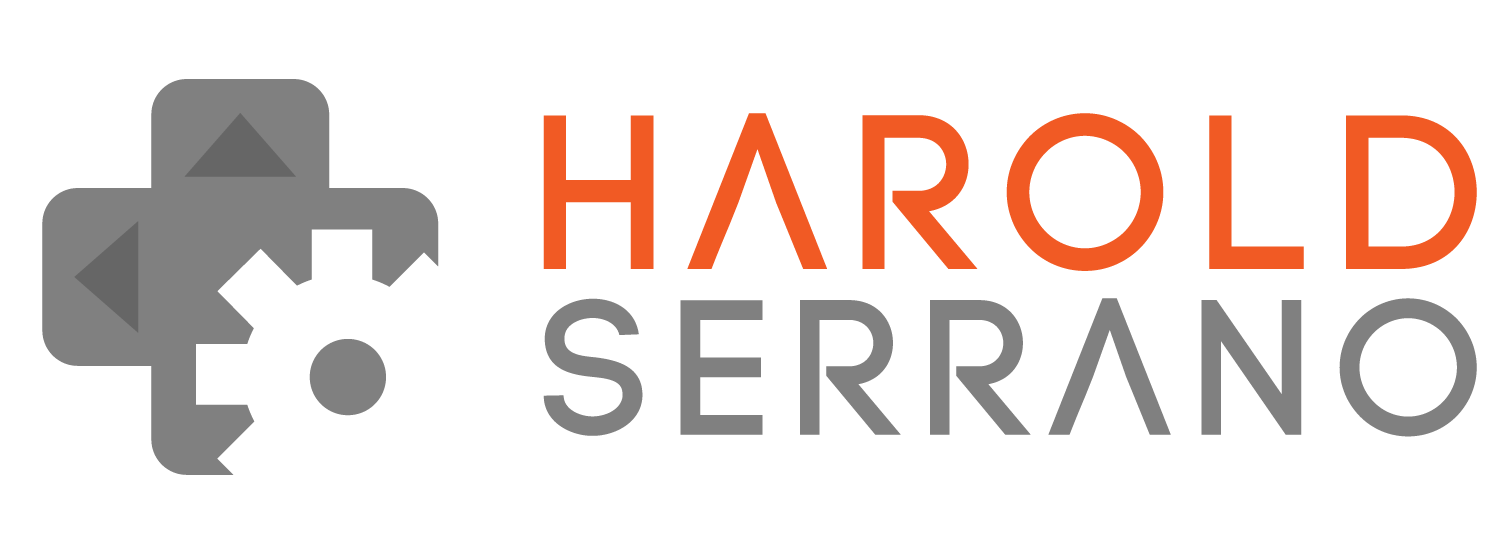A couple of weeks ago I was assembling a new piece of furniture for my apartment. As I was putting all the pieces together, I made sure not to tighten the screws until all the parts were in place. Such workflow reminded me of the process I took to develop the Untold Engine.
If you have been reading this blog for a while, you would know that when I started developing the game engine, I knew very little about Computer Graphics. Moreover, my C++ programming skills were weak.
Keeping into account my technical weaknesses and my desire to learn, I approached the engine's development the same way you would assemble a new piece of furniture. That is, I made sure not to tighten the screws until the end.
What do I mean with this phrase? I didn't focus on Perfection. I didn't write each piece of code to the highest standard possible. Instead, I focused on writing code that was Good Enough.
For example, the Collision Detection System is the most complex component you will have to implement. This system requires you to implement several algorithms such as the GJK, BVH, Sutherland-Hodgman, etc. My initial implementation of the GJK was very crude. However, instead of making it Perfect, I decided to move on and implement the Sutherland-Hodgman algorithm. Again, my implementation was crude, but it was Good Enough. Finally, I implemented the BVH algorithm.
I had all the major components working. Their implementations were crude, but they were Good Enough to detect a collision. I had in my hands a crude Collision Detection System, but I had learned a ton in the process. I learned how all these algorithms worked together to detect a collision.
After I understood how these algorithms worked together, I went back and re-read several chapters on Collision Detection and several articles on the algorithms mentioned above. Armed with new knowledge and experience, I was able to improve the Collision Detection System. I think I was able to do so because I saw the system from a holistic point of view. I understood the system weaknesses and strengths. I was able to see the whole picture.
Developing a Game Engine is tough. There is a lot to learn, and you will make tons of mistakes. In the beginning, avoid Perfection. Once you have a good grasp of what you are doing, go back and improve your code. Just like assembling a piece of furniture, do not tighten the screws until the end.




